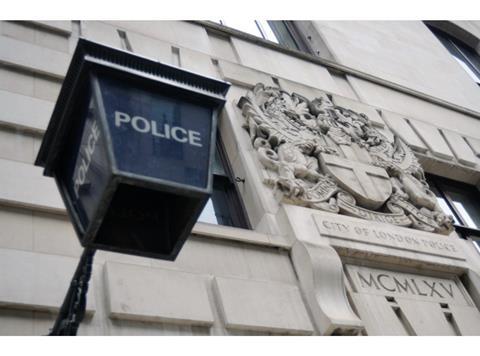
Nearly 10,000 litres of fake booze have been confiscated in the UK as part of the biggest ever international crackdown on food fraud and crime.
The global Interpol/Europol operation – dubbed Opson V – ran across 57 countries between November 2015 and February 2016 and led to more than 10,000 tonnes and one million litres of counterfeit food and drink being found and destroyed.
In the UK, investigators confiscated about 10,000 litres of fake or adulterated alcohol, including wine, whisky and vodka.
Other key finds included 85 tonnes of olives seized in Italy that had been painted with copper sulphate to enhance their colour; sugar contaminated with fertiliser; and 450kg of honey that had been falsely labelled or adulterated.
“Fake and dangerous food and drink threaten the health and safety of people around the world who are often unsuspectingly buying these potentially very dangerous goods,” said Michael Ellis, head of Interpol’s trafficking in illicit goods unit.
“With Operation Opson V resulting in more seizures than ever before, we must continue to build on these efforts to identify the criminal networks behind this activity whose only concern is making a profit, no matter what the cost to the public.”
Chris Vansteenkiste, cluster manager of the Europol intellectual property crime team, said: “Today’s rising food prices and the global nature of the food chain offer the opportunity for criminals to sell counterfeit and substandard food in a multi-billion criminal industry which can pose serious potential health risks to unsuspecting customers. The complexity and scale of this fraud means cooperation needs to happen across borders with a multi-agency approach.
“This year again, the results from Opson clearly reflect the threat that food fraud represents, as food adulterations cut across all kinds of categories and from all regions of the world. Sharing knowledge in one market may prevent food fraud in another and ultimately helps protect public health and safety worldwide.”
Andy Morling, head of the FSA’s national food crime unit, said: ”Last year, the NFCU co-led the UK response to Operation Opson, the long running global Interpol and Europol initiative to tackle counterfeit and substandard food. The unit worked with law enforcement, academia and industry partners to raise awareness and encourage participation in Opson and in a specific UK day of action against illicit vodka. The UK seized just over 10,000 litres of alcohol much of which was for suspected duty evasion or counterfeiting.”
Key seizures
Fake food and drink seized as part of Operation Opson V included:
- nearly nine tonnes of counterfeit sugar contaminated with fertilizer in Khartoum, Sudan
- more than 85 tonnes of olives that had been ‘painted’ with copper sulphate solutions to enhance their colour in Italy
- three illicit factories in Greece producing counterfeit alcohol, with more than 7,400 bottles of fake alcohol and counterfeit labels being seized
- nearly 10,000 litres of fake or adulterated alcohol in the UK, including wine, whisky and vodka
- more than 36,000 litres of illicit alcohol in Burundi in addition to nine Kalashnikov rifles and ammunition along with three grenades
- more than 30 tonnes of illegal beef and buffalo meat unfit for human consumption in Thailand, which had been destined for sale in supermarkets
- several kilos of monkey meat in Belgium and 11kg of locusts and 20kg of caterpillars in France
- fake weightloss products in South Korea containing harmful ingredients, which are estimated to have generated some US$170,000 over a 10-month period.
- 450kg of honey in Australian that had been blended or adulterated; and a consignment of peanuts had been repackaged and relabelled as pine nuts, posing a significant threat to allergy sufferers
- 70kg of chicken intestines in Indonesia that had been preserved in formalin, which is prohibited as a food additive
- more than 310,000 illegal food products hidden behind piles of tiles in a warehouse believed to have been smuggled in by boat from Malaysia
- a warehouse containing thousands of cans of sardines in Bolivia, with fake labels of a famous Peruvian brand ready to be stuck on
- counterfeit chocolates, sweets and non-alcoholic sparkling wine found in Hungary, Italy, Lithuania, and Romania, aimed at children and destined for export to West Africa
- 24 tonnes of imported tilapia in Togo, which was found to be unfit for human consumption
- 1,300 bottles of fake whisky in Zambia, in original packaging which had previously been stolen from a warehouse. More than 3,200 cartons of diet powder drinks where the expiration dates had been modified were also seized.







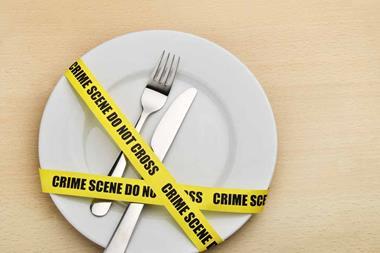
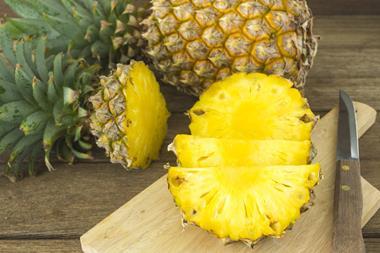
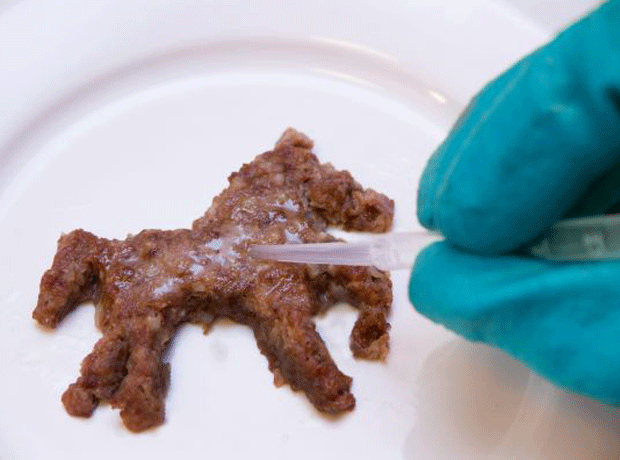








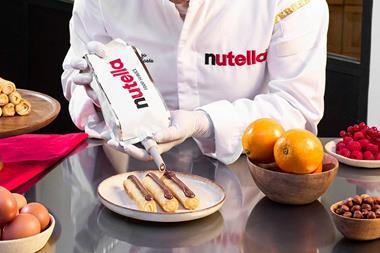
No comments yet